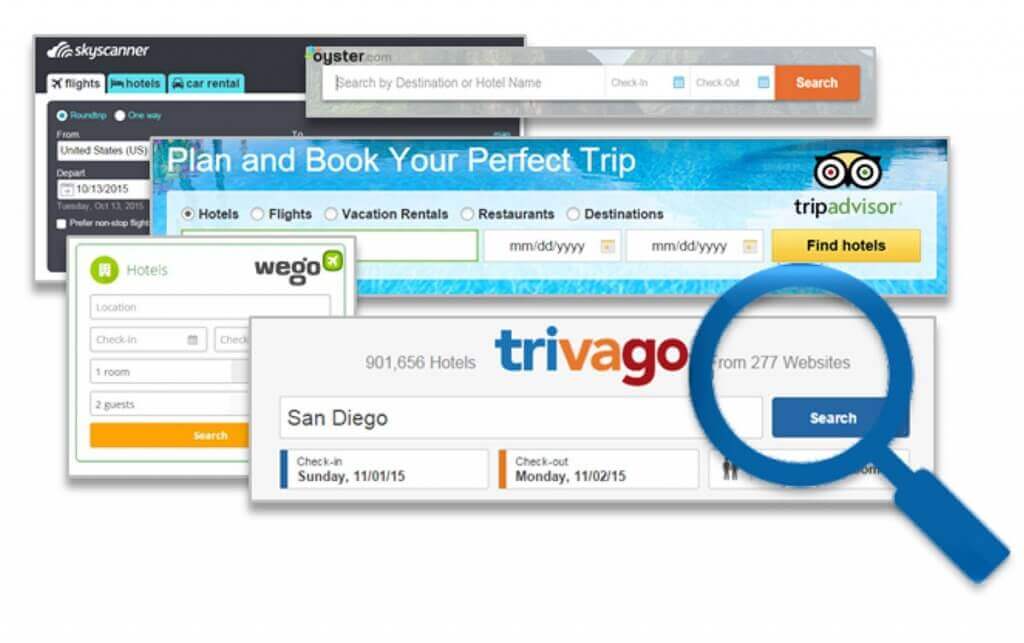
Over the past couple of months, TripAdvisor has been participating in Google’s hotel metasearch program. For selected hotels, consumers are seeing TripAdvisor as a place to book.

Clicking on the TripAdvisor “Book” button often takes a consumer a specific instant booking page (“Book on TripAdvisor!”), where the brand collects payment on behalf of the hotel.
In this circumstance, TripAdvisor is, in essence, acting as an online travel agency, or OTA —though the company might dispute that label. So when it wears its OTA hat, so to speak, it makes sense that the brand would test competing with other OTAs on Google for consumer attention.

To appear in the hotel metasearch listings, TripAdvisor pays Google, with the cost varying by type of auction bidding strategy, via the Hotel Price Ads product.
In Tnooz’s random sample of searches, TripAdvisor is typically not appearing in top positions in Google’s metasearch results, which implies that it has been bidding conservatively.

A TripAdvisor spokesperson told us:
“As we’re an online marketplace, we continue to explore new marketing channels to make consumers aware that they can plan and book their trips on our site and to generate traffic to our site.”
Meta metasearch?
In a twist, sometimes the TripAdvisor “Book Now” button on Google sends consumers off to a TripAdvisor page that is not for an instant booking on behalf of the hotel. The pages aggregate offers from OTAs and suppliers.

In these cases, TripAdvisor is wearing its metasearch hat. This practice opens up a possible grey area.
How can Google be sure that TripAdvisor won’t do arbitrage to get a customer via its platform and then pass along that customer to an OTA it receives a higher payment from than it has to pay Google?
Not that I’m suggesting TripAdvisor would do that.
Read rest of the article at Tnooz




